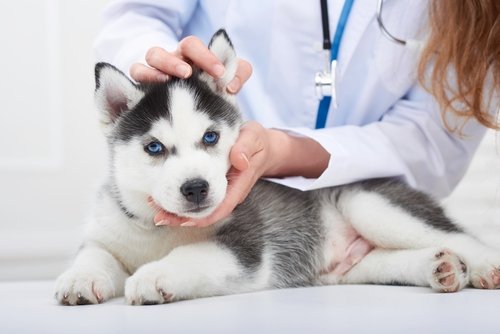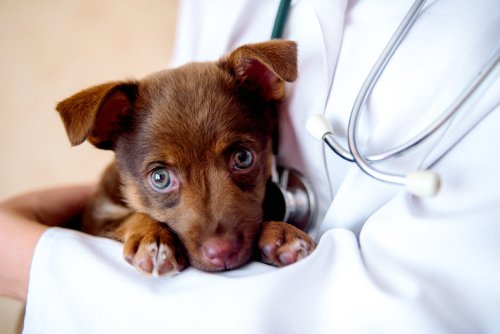Paws & Prevent: Puppy Vaccines
Paws & Prevent: Puppy Vaccines
Bringing a new puppy into your home is the start of an amazing adventure, packed with fun, friendship, and endless special moments. But in the whirlwind of playtime and cuddles, don't forget about keeping your fluffy buddy healthy — and that's where pet vaccinations come into the picture. They're super important right from the start. Whether you're a pro at pet parenting or thinking about adding your first puppy to your pack, getting to know the ins and outs of vaccinations will help your new little one thrive and fill your future together with happiness.

Why Shots for Your Pup Are a Big Deal
Imagine vaccinations as a superhero cape for your puppy, guarding them against some pretty tough villains — various bugs and viruses that can make them extremely ill or even pose a danger to their lives. Like us, puppies need these vaccines to build up their defenses against harmful germs they might come across. These protective shots act as a barrier, safeguarding not only your precious pup but also other pets and sometimes even humans from diseases that can transfer from animals to people.
Core Vaccines are ESSENTIAL
Core vaccines are the ones every puppy really needs, no matter where they live or what they do. Every puppy needs vaccines against the following for basic protection:
- Parvovirus
- Distemper
- Hepatitis
- Rabies
Non-Core Vaccines: Optional Upgrades
Non-core vaccines are like optional upgrades. Whether your puppy needs these depends on where you live, where you might go together, and their lifestyle. These might include protection against:
- Leptospirosis
- Bordetella
- Lyme Disease
Your vet will guide you on the optional shots based on your puppy's needs.

Vaccine Schedule for Puppies
Puppies get some immunity from their mom's milk, but it doesn't last long. They should start getting their shots when they're about 6-8 weeks old, then get more shots every 3-4 weeks until they're around 16 weeks old. This helps them grow a strong immune system. The schedule can vary based on the type of vaccine and how healthy your puppy is, so always check with your vet.

Managing Vaccine Side Effects:
Vaccines are mostly safe, but some puppies might have mild side effects like soreness, a slight fever, or tiredness. These usually don't last long and are much better than getting the diseases the shots prevent. If your puppy seems to have a stronger reaction, call your vet right away.
Following a vaccination schedule is the first big step in ensuring your puppy has a long, healthy life. But remember, getting your puppy vaccinated is more than just a health requirement—it's a way you show your love. As you start this exciting adventure with your new furry friend, it's important to know that you're not alone. Our staff here at Puppyland is ready and eager to support you. Whether you have questions about vaccinations or need advice on caring for your puppy, we're here to help.
